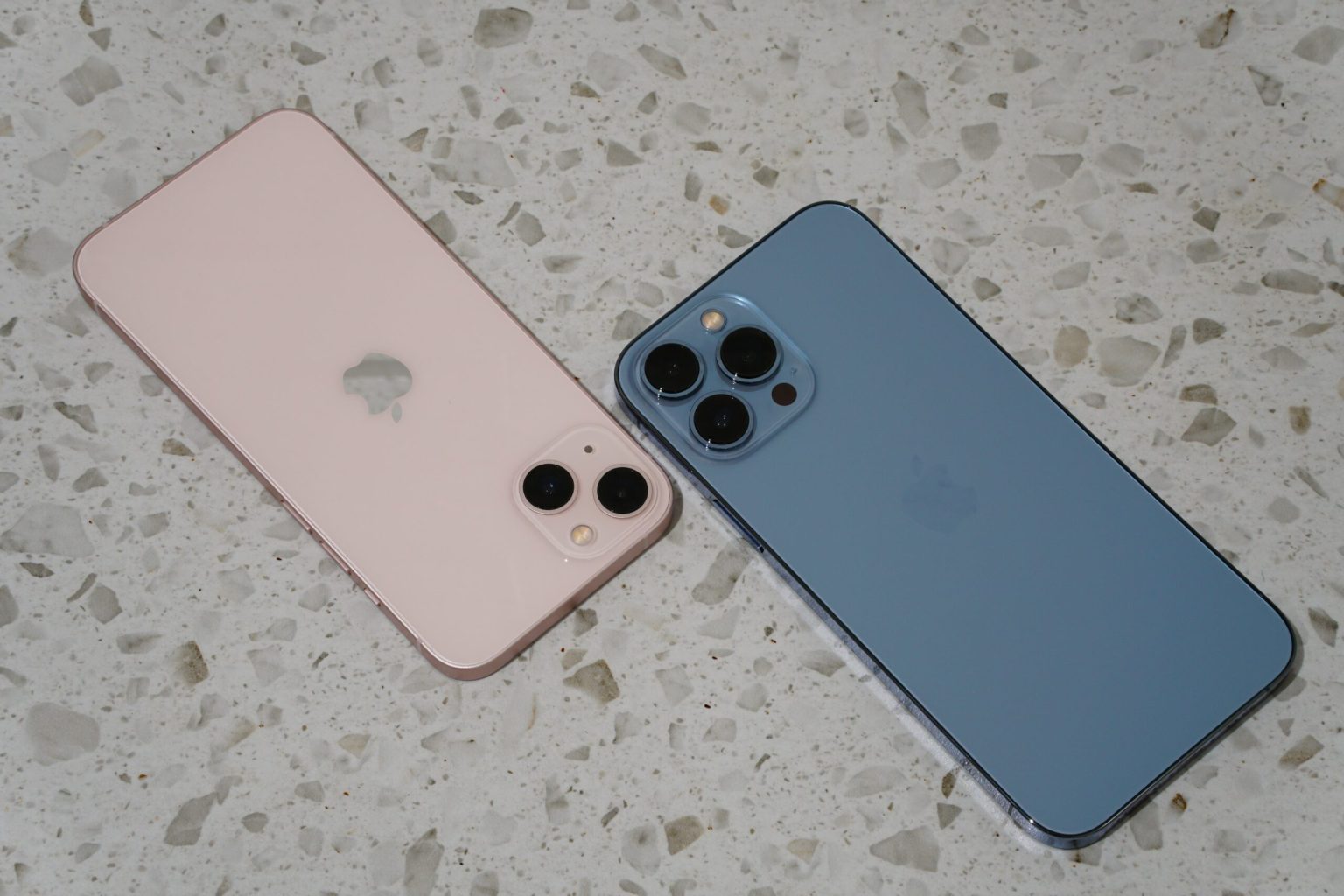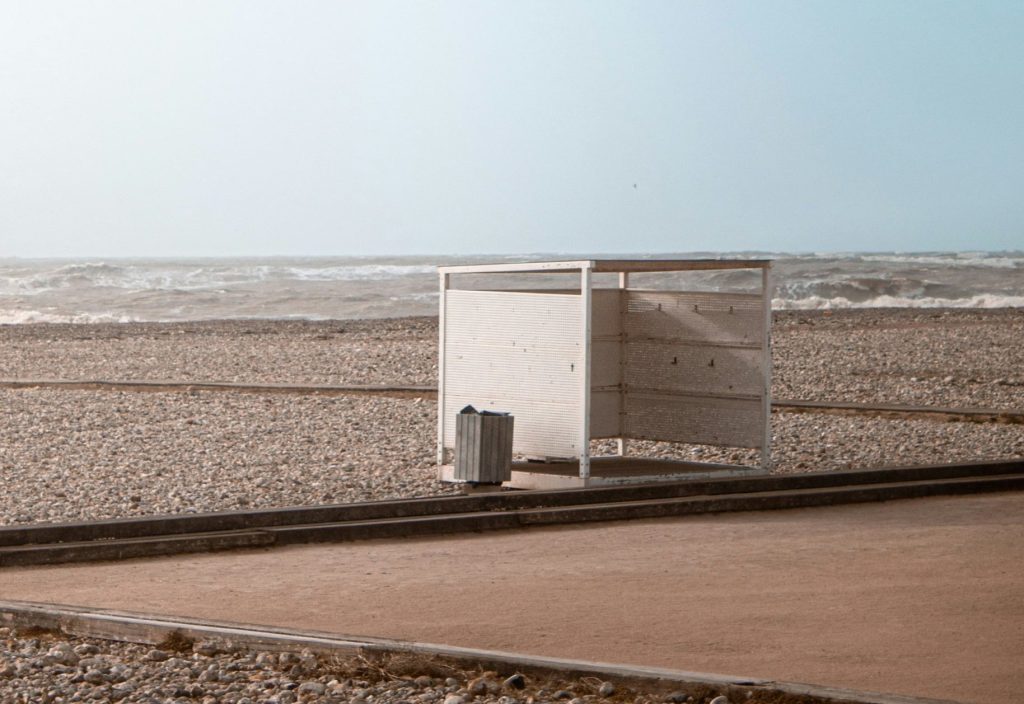As an entrepreneur, you pay tax over the profit you make via the income tax return. Your profit is the sum of the sales you’ve made minus your business expenses. This means it’s wise to include these expenses in your accounting. In this blog we’ll explain which expenses are deductible and how this procedure works.
Definition of business expenses
The Dutch Tax and Customs Administration states the following regarding business expenses: ‘Business expenses are those costs that are, within reasonable limits, necessary for the conduct of your business and that directly relate to your business.’. The Dutch Tax and Customs Administration generally doesn’t interfere much regarding this issue and expects that you, as an entrepreneur, can prove that the expenses you make are indeed necessary. You’re therefore free to determine for yourself which and how many expenses you make, as long as they’re reasonable.
Direct and indirect costs
As stated before, you decide which expenses you deem necessary for your business. Of course, this also depends on your profession. For example, as an artist it’s likely that you need more tools than a social media expert. Expenses made to create your product or service are called direct costs: production costs such as materials or certain software, but also the purchase of stock. Work outsourced to third parties is also filed under direct costs.
The indirect costs, however, will be very similar for many entrepreneurs. These are the more background expenses such as:

- Business phone
- Business internet use
- Rent of office or retail space
- Business insurance
- Travel costs (public transport and business kilometres)
- Costs for hosting your website
Investing in company assets
Certain expenses can’t be deducted all in one go. These include company assets such as a laptop or other pieces of equipment that cost at least €450 ex. VAT. These costs must be amortised over a period of at least 5 years. This means that you spread the cost of the purchase by deducting 20% of the investment from your profit every year.
Limited deduction and non-deductible costs
There are also certain costs that are only partially deductible. These are mainly costs that also benefit you personally. Consumption costs, for example: expenses in hospitality venues you visit with business relations, or representation costs such as business gifts. Car expenses are also partially deductible, provided that the car is registered as a company car. In addition, the Dutch Tax and Customs Administration also has a list of non-deductible costs, such as:
- Clothing (except for work clothes)
- Personal care
- Fines
- General literature

Costs in your industry
As you can see, it’s important to keep track of your expenses and to determine to what extent they’re business-related. The limitations and exceptions can make things a bit tricky at times. So the best thing to do is to look around and talk to people who work in the same industry to find out which expenses they’re listing. And, most important, always use your common sense when listing your expenses!


